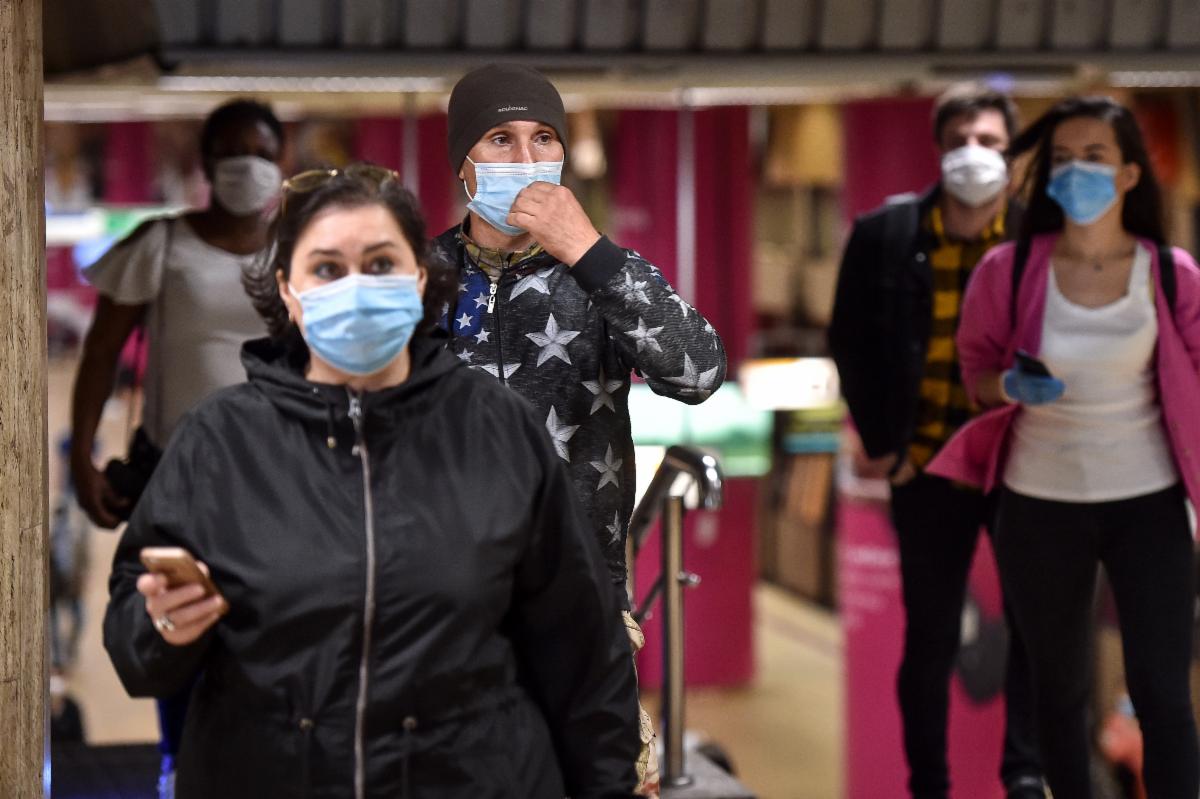
One effect of the lockdown is that we find ourselves with frequent decisions as to what is essential to our survival and happiness and what isn’t. Life gets stripped down to essentials, with all the extras becoming secondary, if that. Here are some ideas along these lines.
The first essential is food. The availability of food for us to buy entails a massive industry. First, there is the source which is the farmers and ranchers who provide our meat, fruit and vegetables. Their activities require thousands of acres of land and huge amounts of water for crops and livestock, which in turn depend on favorable weather. Bad weather can bring both floods and droughts.
Then there is also a vast capital expense required for equipment and labor to plant, cultivate and harvest the crops which feed both people and animals.
Ahead is the immense supply chain which involves the transportation, processing and ultimately delivery to the thousands of stores and restaurants which will make our food supply available to all of us. It is important to remember that this entire industry and all its parts must continue to operate at all times in order for us to survive. Any significant disruption could have disastrous consequences.
Closely related to food is water. Humans can survive longer without food than without water. The availability of water involves another massive industry as well as favorable weather. When we turn on a faucet and water appears, it is well to remember what has gone into that daily miracle.
The moral of these reflections is that 1) we are all radically dependent on the proper functioning of extremely complicated and expensive sources and supply chains for the very fundamentals of our existence, and 2) that the survival of the human race depends on factors which are mostly beyond our control.
Among other things, these essentials remind us that they depend entirely on people working, pandemic or no pandemic.
The subject of “work” brings up another consideration: buildings may not be as universally essential as we thought. Specifically, our housing is essential. If we never thought about that before the “shelter in place” mandate appeared, staying home for three or four months certainly showed us the importance of our house.
For many, however, the experience also demonstrated that “office” is not essential to work. We have been forced to discover that, thanks to all the modern communication technology, much of the work we do can be as easily preformed at home as in an office. So, offices are not really on some lists as essential.
But work really is essential. We have discovered what we always knew – that our work is what keeps us going, defines our place in this society, which, if we are not satisfied with the way things are, provides alternatives for us to test and follow. Work is also critical for society as a whole because it constitutes the means by which all those complex supply chains are sustained. Combined, they are the “economy” which is followed so thoroughly by the news – and Wall Street.
Another essential which has been forced to the front of our attention span by the pandemic is our family. In many cases, parents who work hard in often stressful circumstances have re-discovered the importance and the joys of marriage and parenthood by staying home for extended periods. They have become re-acquainted with their spouse and children, and spouses and children have in turn made their own discoveries.
Fathers especially sometimes become almost mythical figures to children who see them only for short periods, often in a disciplinary circumstance. The rest of the time their father is talked about but not there. Getting to know each other better is beneficial to all.
Hygiene is another subject which has drawn more attention in the last few months than in the last few years. We have been told ad nauseum how to wash our hands and sterilize every surface in sight. Like it or not, cleanliness – of person and environment – has become a new essential.
Shopping, restaurants, sports events and sports teams have fallen to lower placed priorities. All are missed – acutely by some – but there are other ways to get exercise and to prepare and consume food and drinks, other ways which involve much less risk of contracting disease.
Among the essentials most missed, however, are social events and interactions with other people. Some have discovered that the absence of crowds and gatherings is so important that being deprived has led to depression or worse. Others – often a significant number – have decided to seek communal activities, whether parties or protest marches, in spite of advice and even prohibitions to the contrary. To them, a full social life is essential, damn the consequences!
Just some contemplative thoughts (while working at home!).